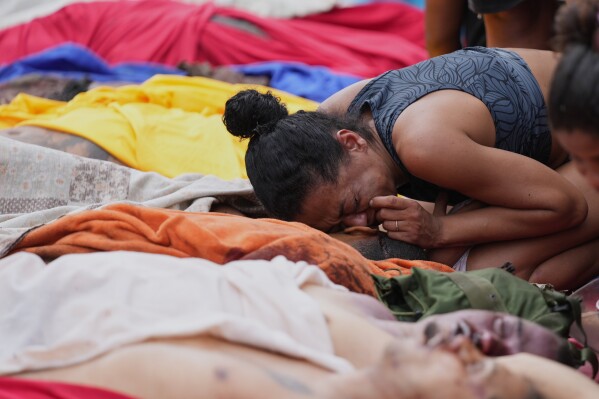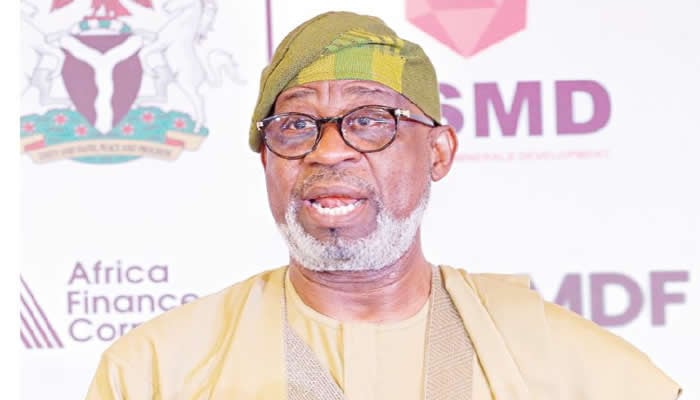More than 100 people have been killed in Brazil Rio de Janeiro’s deadliest-ever police raid, as security forces clashed with the powerful Comando Vermelho (Red Command) drug gang in a sweeping crackdown that has drawn condemnation from human rights groups and the United Nations.
Officials said at least 119 people — including 115 suspected criminals and four police officers — were killed in the two-day operation that engulfed the city’s Complexo da Penha favela. The Public Defender’s Office in Rio, however, reported a higher toll of at least 132 deaths.
The raid, which authorities described as a counteroffensive against “narcoterrorism,” unfolded just days before Brazil is set to host the COP30 global climate talks in Belem, casting a shadow over President Luiz Inácio Lula da Silva’s government.
Lula was said to be “horrified” by the scale of the bloodshed, according to Justice Minister Ricardo Lewandowski, who said the president had not been informed in advance of the operation.
“The president is horrified by the number of fatal incidents and was surprised that an operation of this scale was set up without the knowledge of the federal government,” Lewandowski told reporters.
Residents accuse police of executions
A day after the raid, residents of the densely populated favela gathered dozens of bodies from a nearby forest — some mutilated or bearing signs of execution — and lined them along the street in protest.
“The state came to massacre. It wasn’t a police operation. They came directly to kill,” one woman told AFP.
Community activist Raull Santiago said many of the victims were shot in the back or head. “This cannot be considered public safety,” he said.
Lawyer Albino Pereira Neto, representing several bereaved families, claimed some victims had burn marks or were tied up before being killed. “They were murdered in cold blood,” he alleged.
Police defend raid as ‘success’
Despite the outrage, Rio state governor Claudio Castro hailed the operation as a “success,” saying it was part of efforts to reclaim areas dominated by heavily armed gangs.
“The only victims were the police officers who were killed,” he said.
Military police secretary Marcelo de Menezes said elite units had pushed the criminals into the forest surrounding the favela “to protect the population.” Civil police chief Felipe Curi added that bodies stripped down to underwear had been “relieved of camouflage clothing, vests, and weapons” by residents.
The Comando Vermelho gang — known for its use of drones, explosives, and heavily armed fighters — responded by seizing buses to barricade highways and launching attacks on police.
UN, activists demand probe
The United Nations condemned the incident, with Secretary-General António Guterres expressing deep concern over the “high number of casualties.”
The UN human rights office said it was “horrified” and called for “swift, transparent investigations” into possible extrajudicial killings.
The police offensive has reignited debate over Brazil’s long-standing “war on drugs” — a policy critics say disproportionately targets impoverished communities while doing little to curb organized crime.
punch.ng
FOLLOW US ON:































